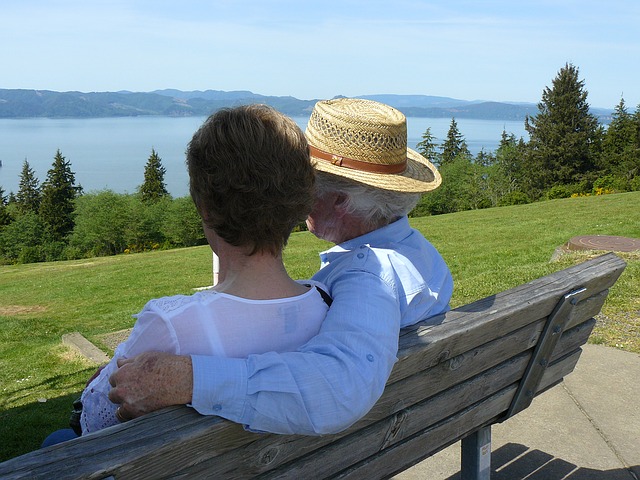
If you’re caring for a loved one, today let’s not talk statistics about family caregiving. Today, let’s just focus on YOU.
You probably don’t have a lot of time to call your own, and may not have the freedom to keep up the social ties that would help support you and keep you physically and mentally strong. Your “free time” is spent grocery shopping, paying bills, helping your loved one shower, scheduling appointments with doctors, dealing with medications, washing clothes, cleaning house, making meals, etc. What’s not on the list is a way for you to see your friends, participate in family gatherings, go to your house of worship—be around other people—and this may be what you need most. Plus, you might have found people initially helpful and understanding, but as your loved one’s needs became long-term, things changed. Your caregiving days began became weeks, months or years, and help is no longer offered, incoming phone calls are less frequent, you seem forgotten. Instead, people see you as the person who can’t be can’t meet for lunch or make it to a get-together because you don’t have any way of taking a break. Everyone is moving on with life except you.
Results of isolation
Human beings are social; we thrive among others. We are best when we have each other’s backs during hard times. We need conversation, touch and interaction almost as much as we need air, food and water. Without socialization we may experience isolation which leaves us feeling unsupported at a time when we need it most. Over time, this separation from society can take its toll. Isolation and loneliness* can actually change brain chemistry, resulting in a hyper-vigilance and an altered perception of things. You may feel rejected, unsupported, stuck, forgotten or unloved. Worse yet, that change in brain chemistry can lead to depression, long-term disease, and also registers as physical pain**.
Solutions
There is hope. There are ways to help you reconnect. We have some suggestions, and we maybe one of them is the answer you’ve been looking for:
Note: There are non-profit organizations like Interfaith Volunteer Caregivers, or paid adult daycare or in-home care like AgeWays’s SameAddress.
Also please remember this: When someone does reach out and offer assistance, whether it’s hands and heart, or cash to pay for respite care, don’t turn away the gift that’s been delivered to your door!
Those last ideas are given in hopes of changing your point of view. A break in negative thinking — remember that brain chemistry — may result in some solutions of your own that are even better than those listed here.
Remember what’s possible YOU are doing something extraordinary. Maybe you’re working and caring for a loved one, maybe you’re doing this full-time because there’s that kind of need. Either scenario has stress and a certain amount of isolation and loneliness. Whether it’s a little or a lot, let’s break the pattern and keep you well. YOU are important too.
*http://www.huffingtonpost.com/ruth-bettelheim/this-is-your-brain-on-lon_b_8971994.html **http://www.thefitindian.com/negative-effects-of-loneliness-on-health/